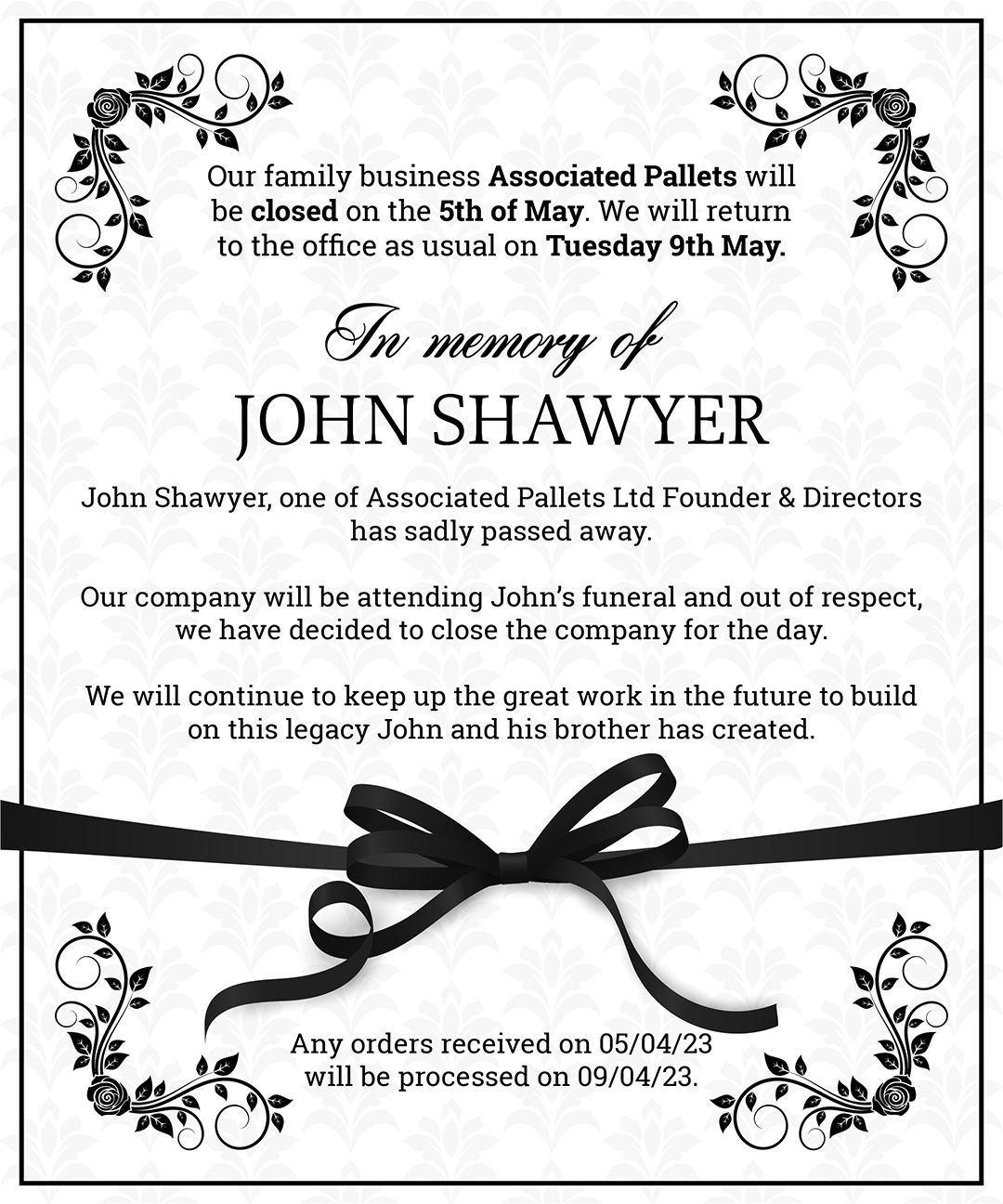New Ford Transit Models Utilise Euro Pallet Dimensions for Competitive Edge
28 May 2015
It’s hard to believe that the Ford Transit will be fifty years old this year. But Ford’s medium-sized van was indeed launched in 1965 and has notched up sales of seven million since. Indeed, last year a Ford Transit was sold somewhere in the world every eighty seconds.
Why So Popular?
In Britain the Ford Transit has been the best-selling van almost since its launch, with almost three million sold in this country alone. But just why has the Transit become such a firm favourite with business buyers? Well, it’s durable, it’s fuel-efficient and there’s a vast network of dealers to repair and maintain it. It also succeeded because, unlike many vans that were around at the time of its launch, the Transit offered car-like comfort and ease of driving. But mainly its success is about its practicality. The Transit has spawned lots of different versions, such as Lutons, tippers and dropsides. This has been true right from the start, but the latest van versions take practicality to a new level.
The latest Transit van can take loads up to three metres in length, making it ideal for things such as timber and pipes. It also has tie-down hooks on the sides, making it easy to prevent loads from sliding around. In a world where mechanical handling is commonplace, the Transit also scores highly by being able to accommodate three standard Euro pallets loaded up to one metre high.
The Euro Pallet
Pallets originated in the world of rail transport. In the early 1960s, the European railways got together to agree on a standard pallet size in order to make loading and unloading easier. The advantages of the standard 1200mm by 800mm by 144mm Euro pallet were quick to be recognised across the logistics industry, and it rapidly became a widespread standard. It allows for easy handling, and because it’s standardised, working out how many can fit in a given space is simple. Storage racking, trailers, railway wagons and forklifts have all been standardised around the Euro pallet.
Traditionally made of wood, the design of the pallet is closely controlled, with even the number and position of the nails used in its construction being part of the specification. In recent years, there has been a move to manufacturing pallets using plastic instead. This has also enabled the production of boxes to contain loose items, but with dimensions that still fit within the Euro pallet format.
So the Euro pallet has been around for slightly longer than the Transit van. But the fact that Ford has recognised the popularity of the Euro pallet by designing its vans around accommodating them shows just how influential the pallet has been in transforming the transport and handling business.
